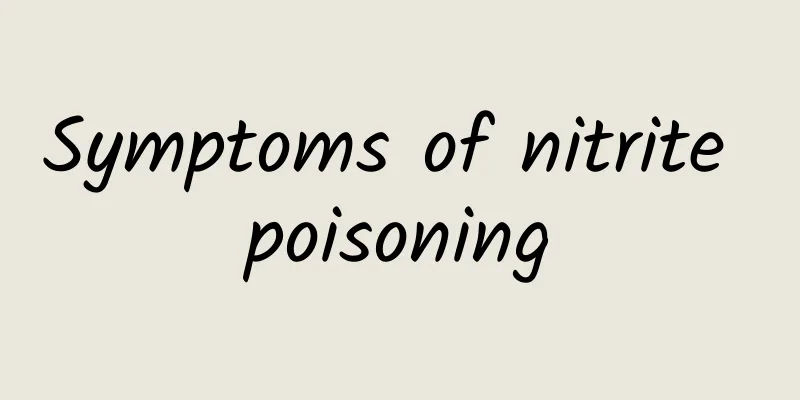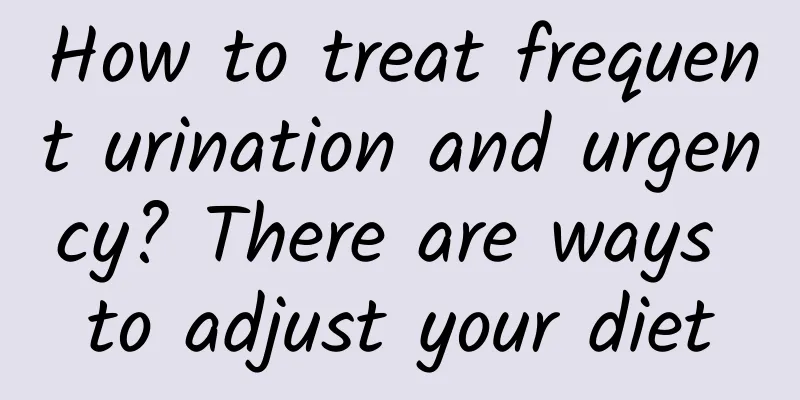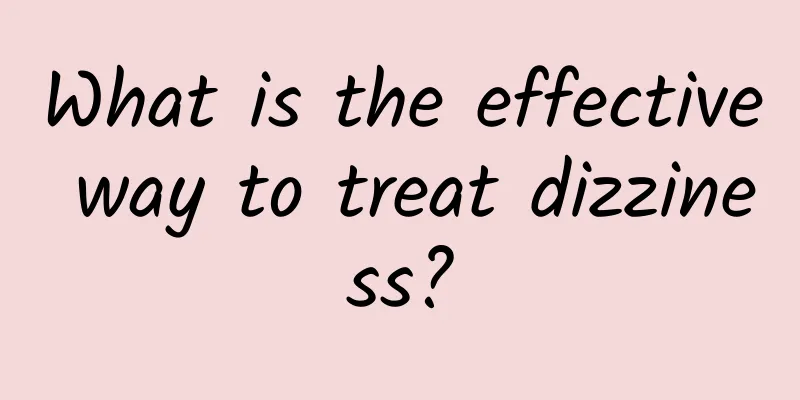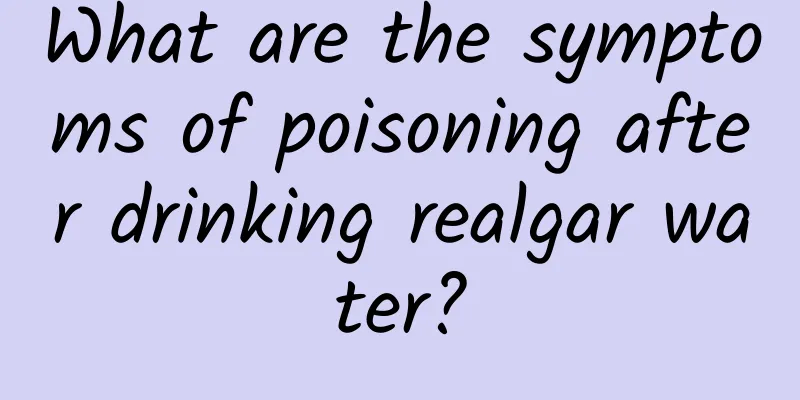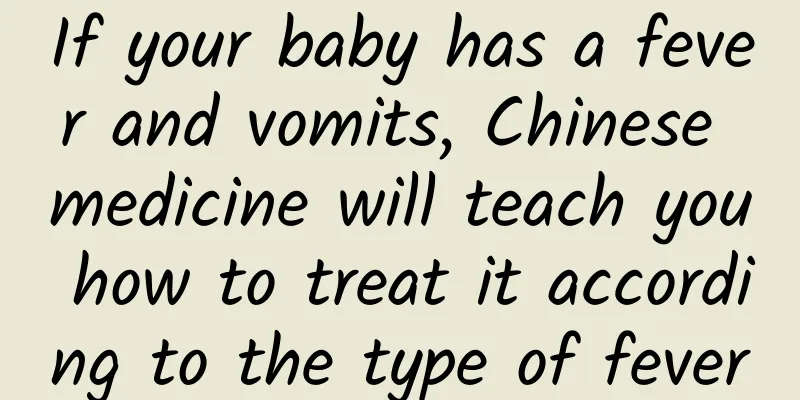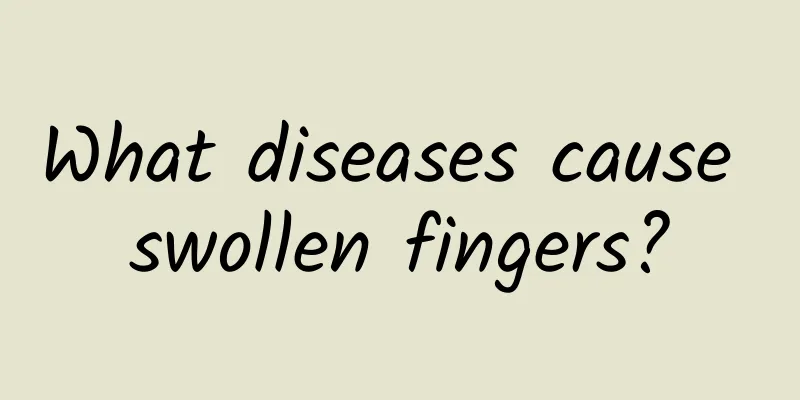What diseases can thread embedding cure?

|
After thousands of years of evolution, traditional Chinese medicine has developed into modern society and can naturally have a good therapeutic effect on the human body. At the same time, in addition to the common treatment methods such as moxibustion and acupuncture, Chinese medicine scientists have also developed many different treatment methods. Thread embedding therapy is a very popular treatment method in modern society. It is a treatment method developed based on acupuncture. What diseases can be treated by thread embedding therapy? Acupoint medicated thread therapy is a product based on the combination of acupuncture theory, traditional Chinese medicine and modern physics. It achieves the purpose of treating diseases by transmitting stimulation information and energy as well as traditional Chinese medicine into the body through the meridians through the biophysical effects and biochemical changes produced by needles and medicated threads in the acupoints. In fact, thread embedding therapy is a complex treatment method that integrates multiple therapies and multiple effects. Acupoint blocking effect The local anesthesia performed before thread embedding acts on the skin, which is equivalent to the acupoint blocking method. The acupuncture points on the skin communicate and connect with the internal organs through the meridians. The stimulation impulse produced by local anesthesia can adjust the internal organs, balance yin and yang, and harmonize qi and blood. 2. Acupuncture effect, buried needle effect During thread embedding, the needle is inserted into the acupuncture point, and the stimulation technique can produce a sore and swollen feeling. The embedded medicated thread can replace the acupuncture needle to produce acupuncture effect in the acupuncture point. At the same time, it takes a long time for the medicine thread to be absorbed, and it also achieves the effect of burying the needle. 3. Tissue therapy effect As a kind of foreign protein, the medicinal thread is equivalent to a xenogeneic tissue transplant after being buried in the acupuncture points. It can cause allergic reactions in the human body and sensitize lymphocytes. These cells then cooperate with antibodies and macrophages in the body fluids to in turn destroy, decompose and liquefy the medicinal thread, turning it into polypeptides, amino acids, etc., which are finally swallowed and absorbed, while producing a variety of lymphokines. These antigen stimulants produce physiological, physical and biochemical stimulation on the acupoints, causing allergic reactions and aseptic inflammation in local tissues, and even systemic reactions. While stimulating the acupoints locally, they also increase the body's stress capacity, stimulate the body's immune function, regulate the functions of the body's related internal organs, balance the activities, and cure the disease. In short, thread embedding therapy combines multiple stimulation effects into one, which cooperate with each other, complement each other, and work together to form a complex, long-lasting, gentle non-specific stimulation impulse. One part of the afferent nerves goes to the posterior horn of the spinal cord of the corresponding segment, inhibits the adjacent pathological information, and is transmitted to the internal organs to play a regulatory role. The other part is transmitted to the posterior horn of the spinal cord to the cerebral cortex, strengthening the central nervous system's interference, inhibition and substitution of the incoming excitement of pathological stimuli, and then adjusts the internal organs through neuro-humoral regulation to achieve the purpose of curing the disease. Main Function 1. Coordinate the internal organs and balance yin and yang The various effects and stimulation processes of thread embedding form a complex stimulation information, which acts on the body through the input of meridians, resulting in inhibition of those with hyperfunction and excitement of those with weakness, thus adjusting the functions of human organs, correcting the imbalance or decline of yin and yang, and restoring relative balance. 2. Unblock meridians and regulate qi and blood Pain is related to meridian blockage and imbalance of Qi and blood. There is a saying that "pain means blockage, and no pain means no circulation". Thread embedding therapy can "control the spirit and make Qi flow easily". It can transfer or inhibit the activities of the "spirit" related to pain, make the "meridian Qi" flow smoothly and achieve the effect of calming and relieving pain. Therefore, it can dredge the Qi and blood that are blocked in the meridians and restore the pathological changes of Qi stagnation and blood stasis to normal. 3. Tonify the deficiency and eliminate the excess, strengthen the body and eliminate the evil The various effects of buried medicinal threads generally have a stimulating effect, and have a certain effect on those with decreased physical function and low immunity, that is, it has the effect of improving immune function and replenishing deficiency and strengthening the body. |
<<: Can Traditional Chinese Medicine Cure Heart Disease?
>>: What diseases can hedgehog heart cure?
Recommend
Cure 10 diseases in 1 minute
1One minute cough relief Press the Jiaosun point ...
What are the effects of drinking yellow flower seedlings soaked in water?
Dandelion flower is a yellow flower seedling, whi...
What is the cause of the swelling and pain on the left side of the mouth?
Experts say that swelling and pain on the left si...
What should I do if I have chronic nephritis? Pay attention to dietary conditioning
The kidney is a very important organ in our human...
What is the cause of the red spots on the glans penis?
There are some red spots on the glans, and it is ...
How to prevent biochemical pregnancy?
Biochemical pregnancy is a very common phenomenon...
What are the ways to nourish the kidneys in winter?
The kidney is a very important organ for us. It i...
What does a CT scan of the chest check?
Chest CT examination is also a relatively common ...
There is a pimple on the lower eyelid
The skin around the eyes is very fragile, and if ...
What are the precautions after moxibustion?
Whether before or after moxibustion, there are ma...
Adverse reactions to group a meningococcal vaccine
Group A meningococcal vaccine is actually also ca...
It's like there's a layer of wax on my lips
Lips are a relatively important organ in our huma...
What to eat for lung disease
The lungs are the most important organ in the hum...
Why is the sperm yellow when I masturbate?
You should pay attention to the yellowing of seme...
Why is the back of the elderly's hand swollen?
For the elderly, every uncomfortable reaction in ...
